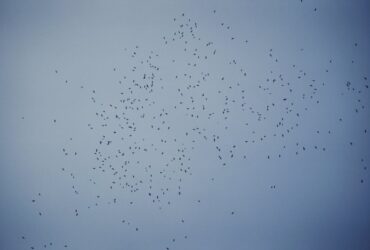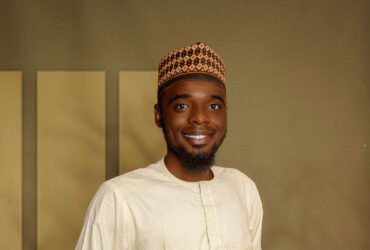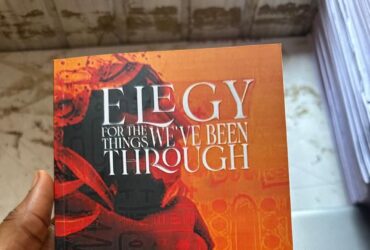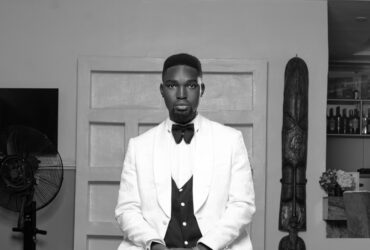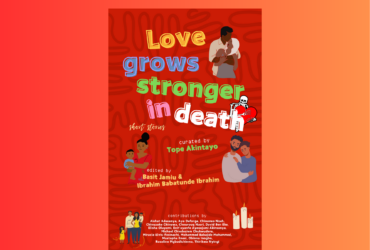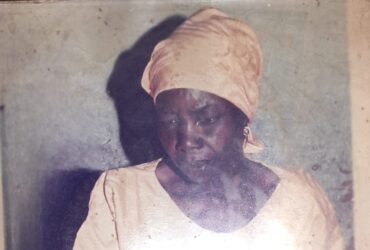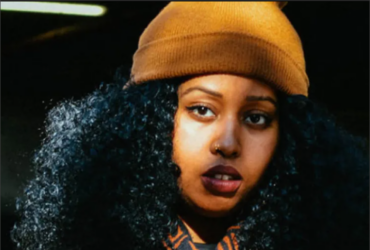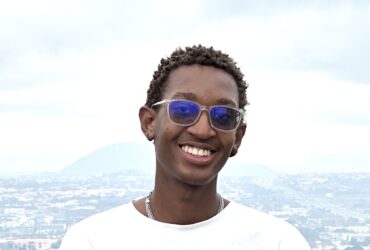So, I understand what it means to come into the peace of wild things – like lakes – who do not tax themselves with the afterthought of thoughts.
At first, the idea of sharing it with girls in our class never came to mind; but, soon the spirit of youth began to spring in our souls, we began to hear the whispers of our hearts and our minds believed it was love.
So when in the psych ward in 2016, words leaked out of me like pus, I did not worry about the boundary of this or that. Cows and pigeons filled the room from the fields of childhood. I let the sun be a coin, did not resist seeing the moon’s arc as a shiny scar in the night sky.
I remember my grandmother by a lot of things, and when I picture myself in old age, I see myself in her image. Tall, lean, with a slightly curved back, a head full of gray hair that tangles and covers my eyes when being loose. Rheumy eyes set on a dark lean face, hands that are ever generous, and a serious demeanor that resets naughty grandchildren back to their default setting.
Through poetry, I was able to express the inexpressible, to give voice to the emotions that threatened to consume me. I wrote about love, loss, longing, hope and the universal human experiences that connect us all.
In her poetry, the depth of human feeling is evoked through imagery that is as gripping as it is urgent.
I’ve carried that mindset in every piece I write, I never use my phone to write. Instead I lock myself away with my laptop that only has Microsoft word paired with a thought-racing mind. Most times before I write a good poem I’m very hungry, I probably wouldn’t have eaten the whole day. Me being uncomfortable pushes my brain to lock in, not get distracted and finish the work so I can be comfortable again.






